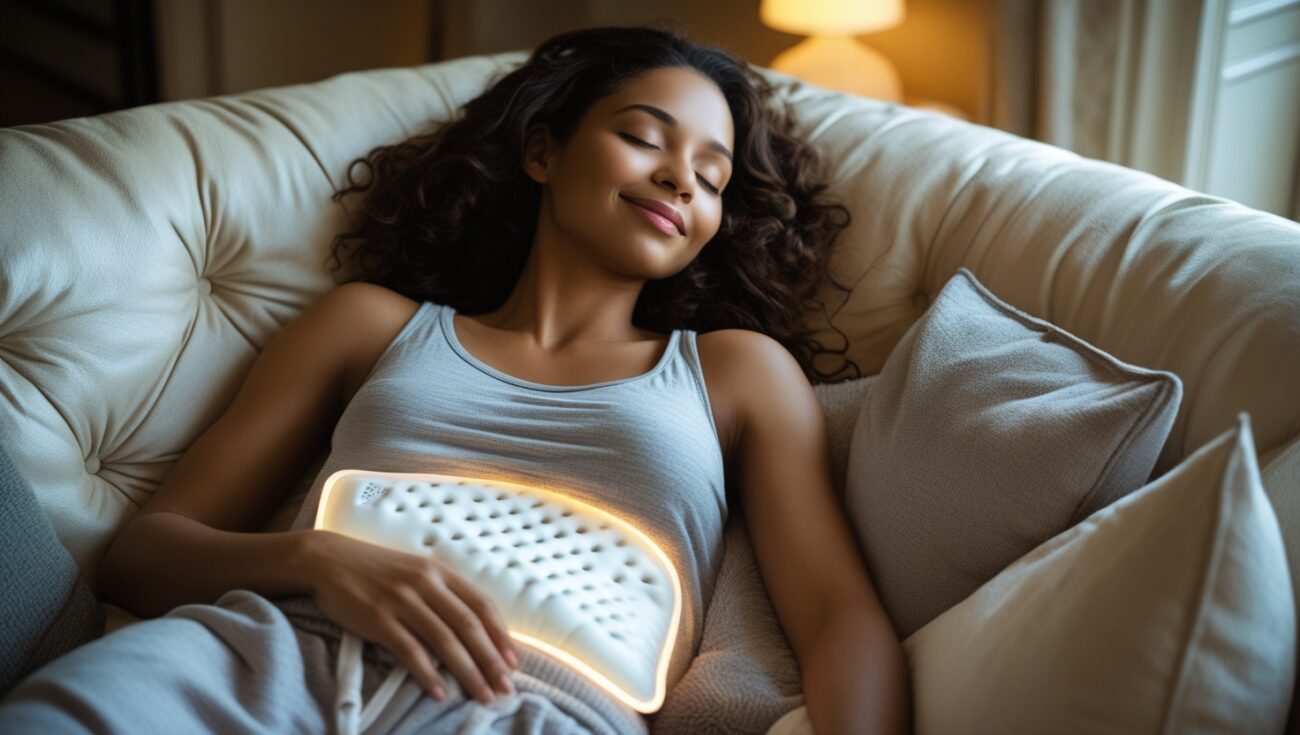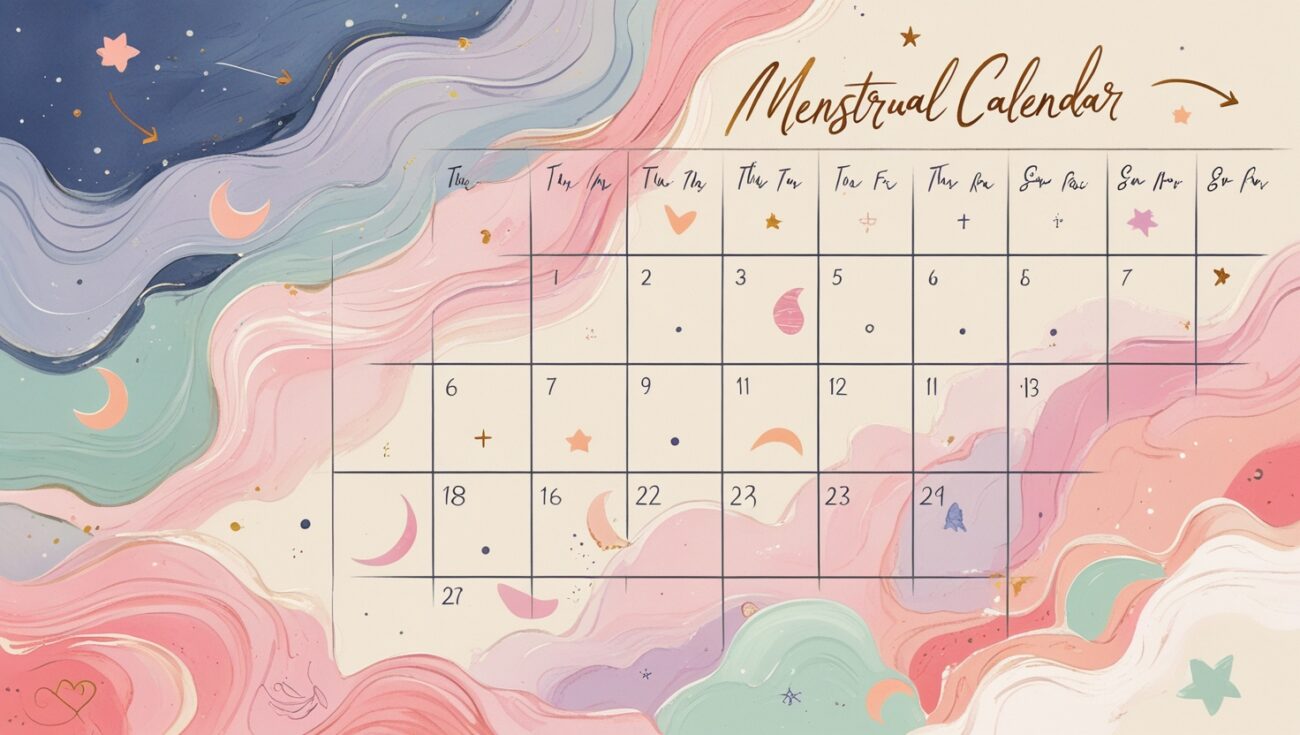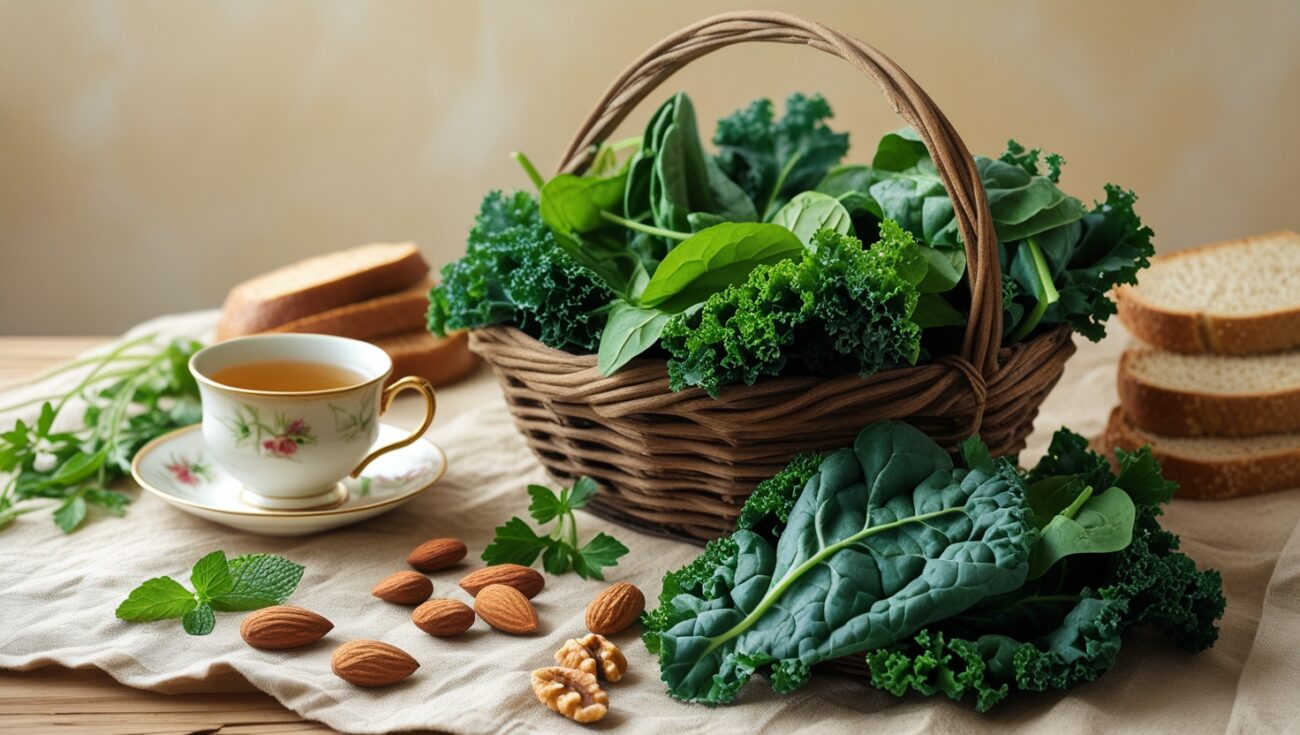Explore the challenges associated with menstrual issues in women, encompassing their origins, indicators, and potential remedies. Delve into the realm of common woman period problems, comprehending the underlying causes, observable symptoms, and efficacious interventions to foster menstrual health and overall well-being.
Introduction

For millions of women worldwide, periods are a monthly reality—and often, a monthly struggle. While menstruation is a natural process, it can bring a host of physical and emotional challenges. From severe cramps to unpredictable cycles, “period problems” are not only common but can significantly affect daily life.
Many women face woman period problems that vary greatly in intensity and type.
Understanding woman period problems helps in finding effective solutions.
In this blog, we’ll break down the most frequent menstrual issues, explore why they happen, and share practical tips to manage them.
Identifying the signs of woman period problems can lead to better management.
The severity of woman period problems varies, making personalized solutions essential.
What Are Common Period Problems?
Addressing woman period problems begins with recognizing their impact on daily life.
Understanding Woman Period Problems
Every woman’s cycle is unique, but some problems are more frequently reported. Let’s look at the most common ones:
1. Painful Periods (Dysmenorrhea)
Cramps are the number one complaint during menstruation. The pain usually starts in the lower abdomen and may radiate to the lower back and thighs. Some women experience nausea, dizziness, or even headaches alongside the cramps.
Understanding the cause of woman period problems can guide appropriate treatment.
Why it happens:
- Uterine muscles contract to shed the lining.
- Excess production of prostaglandins (hormone-like substances) intensifies pain.
Tips to ease cramps:
- Use a heating pad on your lower abdomen.
- Drink warm herbal teas (e.g., chamomile).
- Take over-the-counter pain relievers if needed.
- Try gentle yoga stretches or walking.
2. Irregular Periods

Finding relief from woman period problems is essential for menstrual health.
Managing woman period problems is crucial for improving overall quality of life.
A regular menstrual cycle is typically between 21–35 days. But some women have unpredictable cycles—sometimes skipping months or bleeding multiple times in one month.
Possible causes:
- Stress
- Sudden weight changes
- Polycystic Ovary Syndrome (PCOS)
- Thyroid disorders
- Hormonal imbalances
When to see a doctor:
If your cycles are frequently irregular, extremely heavy, or stop altogether for 3+ months, consult a gynecologist.
3. Heavy Menstrual Bleeding (Menorrhagia)
Each woman experiences woman period problems differently, influenced by various factors.
Heavy bleeding can mean soaking through pads/tampons every hour or passing large clots. Over time, this can lead to anemia and extreme fatigue.
Potential causes:
Consulting a healthcare provider is vital when woman period problems become overwhelming.
- Hormonal imbalance
- Uterine fibroids
- Endometriosis
- Bleeding disorders
Self-care and treatment:
- Keep track of flow with a period diary.
- Eat iron-rich foods to prevent anemia.
- Medical options include hormonal treatments or minor surgical procedures.
4. Premenstrual Syndrome (PMS)
PMS affects up to 75% of menstruating women. One to two weeks before to your period, symptoms may begin:
- Mood swings
- Irritability
- Bloating
- Breast tenderness
- Food cravings
How to manage PMS:

- Eat a balanced diet (more whole grains, less salt and sugar).
- Exercise regularly to improve mood.
- Practice stress management (meditation, deep breathing).
- Consider calcium and vitamin B6 supplements (consult your doctor first).
5. Period-Related Digestive Issues
Many women experience bloating, constipation, or diarrhea during their periods due to hormonal changes affecting digestion.
Helpful tips:
- Stay hydrated.
- Eat fiber-rich foods (fruits, vegetables, whole grains).
- Avoid excessive caffeine and processed foods.
When Should You See a Doctor?
While occasional discomfort is normal, you should seek medical advice if you have:
✅ Severe pain that doesn’t improve with medication
✅ Periods lasting more than 7 days
✅ Bleeding between periods
✅ Extremely heavy flow
✅ Anemia symptoms, such as excessive fatigue, pale complexion, and lightheadedness
✅ No periods for 3+ months (if not pregnant or menopausal)
Products for periods on amazon
Never feel embarrassed to discuss your period with a healthcare provider—menstrual health is vital to overall well-being.
Natural Remedies & Lifestyle Support

While medical treatments are sometimes needed, many women find relief with natural approaches:
Developing a support system can be beneficial for tackling woman period problems.
🌿 Teas made with herbs: Chamomile and ginger can ease cramps. Click Here
🏃 Exercise: Even light movement can ease pain and regulate hormones.
🧘 Mindfulness: Reduces stress and supports hormonal balance.
🥗 Healthy diet: Whole foods can make PMS more manageable.
Final Thoughts
Women’s period problems are common and deserve attention, understanding, and compassionate care. Whether you face irregular cycles, intense cramps, or heavy bleeding, remember you are not alone, and help is available.
Discussing woman period problems with friends can provide emotional relief.
Do not be afraid to monitor your symptoms and seek medical advice. By learning more about your body, you can feel more confident and empowered every month.
Being informed about woman period problems empowers women to seek help.
Engaging in community discussions about woman period problems can raise awareness.
Understanding that woman period problems are common can reduce feelings of isolation.

